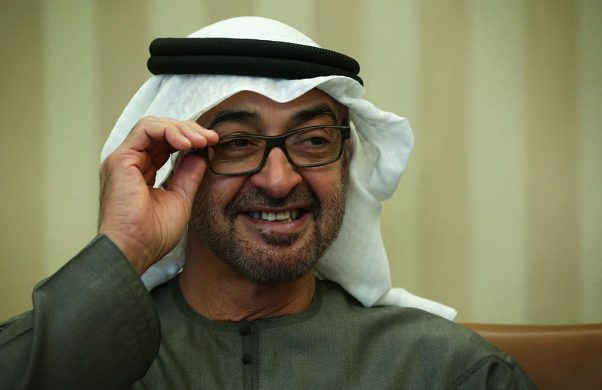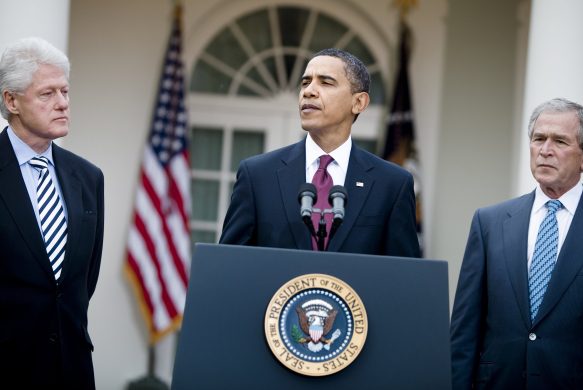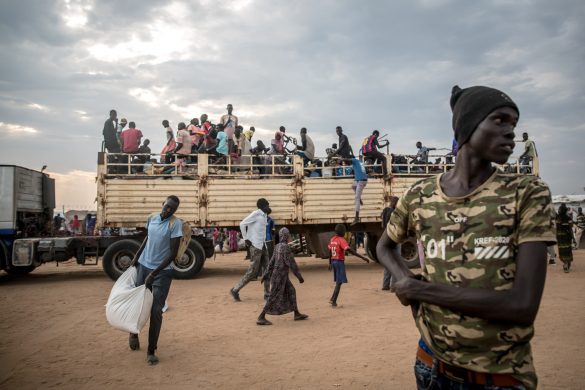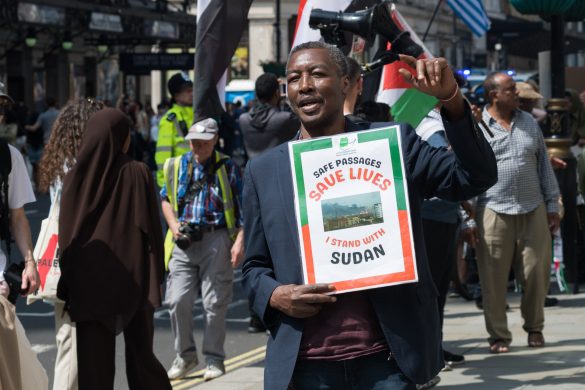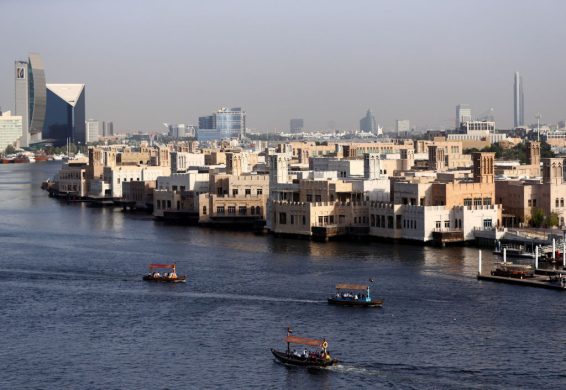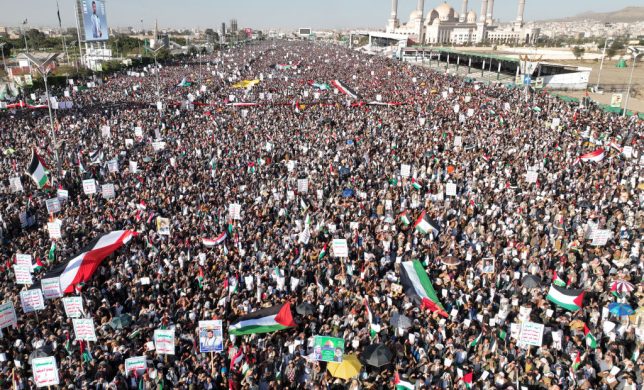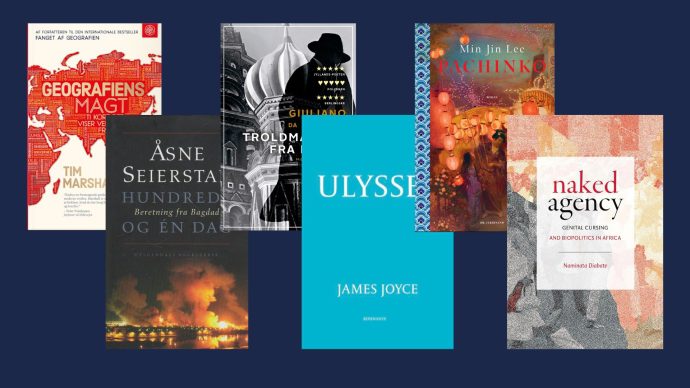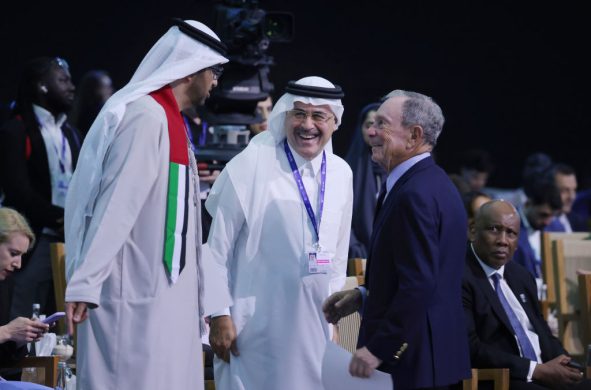BEIRUT, 1. june, 2015 (Human Rights Watch): Saudi authorities have already carried out 90 executions since the beginning of 2015, more than the 88 for all of 2014.
Forty-one of the ninety people executed since the start of 2015 were sentenced for non-violent drug offenses.
“Any execution is appalling, but executions for crimes such as drug smuggling that result in no loss of life are particularly egregious,” said Sarah Leah Whitson, Middle East and North Africa director at Human Rights Watch. “There is no excuse for Saudi Arabia’s continued use of the death penalty for these types of crimes.”
Læs også: Saudisk jobopslag: Kunne du tænke dig at være bøddel for os?
The Saudi Press Agency (SPA), Saudi Arabia’s state news agency, said in news releases that only 14 of the 90 prisoners executed so far in 2015 were convicted of Hadd (“limit”) crimes for which Islamic law mandates a specific punishment, including the death penalty, while 27 were sentenced under the Islamic law concept of Qisas, or eye-for-an-eye retribution for murder.
Judges based their sentences for the other 49, including the 41 for drug-related crimes, on judicial discretion.
Guds værk
On March 4, the head of Saudi Arabia’s Human Rights Commission, an official body, defended the authorities’ use of capital punishment, stating that Saudi Arabia “takes pride in Islamic law constitutionally and methodologically … no one can trump the work of God.”
Of the 90, 51 of those executed were Saudi citizens. Pakistanis – 13 of whom were convicted on heroin smuggling charges – formed the largest group among the 39 foreigners executed.
International standards require countries that retain the death penalty to use it only for the “most serious crimes,” and in exceptional circumstances.
FN: Drop dødsstraf for narkokriminalitet
In 2012, the UN special rapporteur on extrajudicial, summary, or arbitrary executions stated that where used, the death penalty should be limited to cases in which a person is intentionally killed and not used to punish drug-related offenses.
The Death Penalty Worldwide Database, which collects information on executions across the globe, shows that Saudi Arabia has one of the highest execution rates in the world, and applies the death penalty to a range of offenses that do not constitute “most serious crimes,” including drug offenses, adultery, sorcery, and apostasy.
Iran og Kina henretter flere
Since the start of 2015 Saudi Arabia’s neighbor, Iran, has reportedly executed more than 340 prisoners, with as many as 98 hanged between April 9 and 28 alone, according to UN rights experts.
“Many of the prisoners executed during this period were charged with drug-related offences … [that] do not meet the threshold of the ‘most serious crimes,’” the experts noted.
For the past several years Iran is believed to have had the highest rate of executions in the world after China.
Human Rights Watch opposes capital punishment in all countries and under all circumstances. Capital punishment is unique in its cruelty and finality, and it is inevitably and universally plagued with arbitrariness, prejudice, and error.
In 2013, following similar resolutions in 2007, 2008, and 2010, the UN General Assembly called on countries to establish a moratorium on the use of the death penalty, progressively restrict the practice, and reduce the offenses for which it might be imposed, all with the view toward its eventual abolition. UN Secretary-General Ban Ki-moon has also called on countries to abolish the death penalty.
“The current surge in executions in Saudi Arabia is yet another stain on the kingdom’s human rights record,” Whitson said. “Saudi Arabia needs to call a halt to this cruel punishment.”



